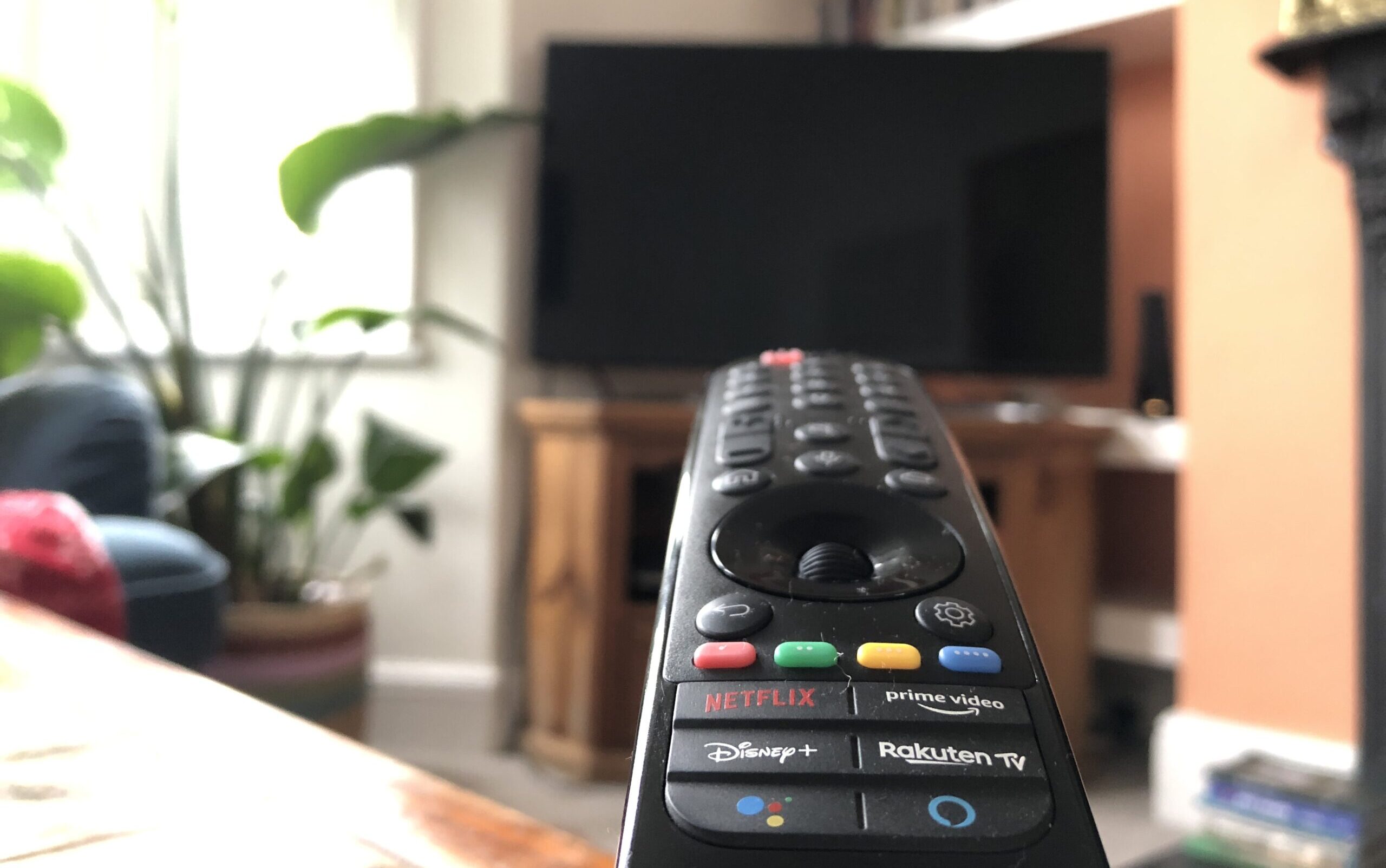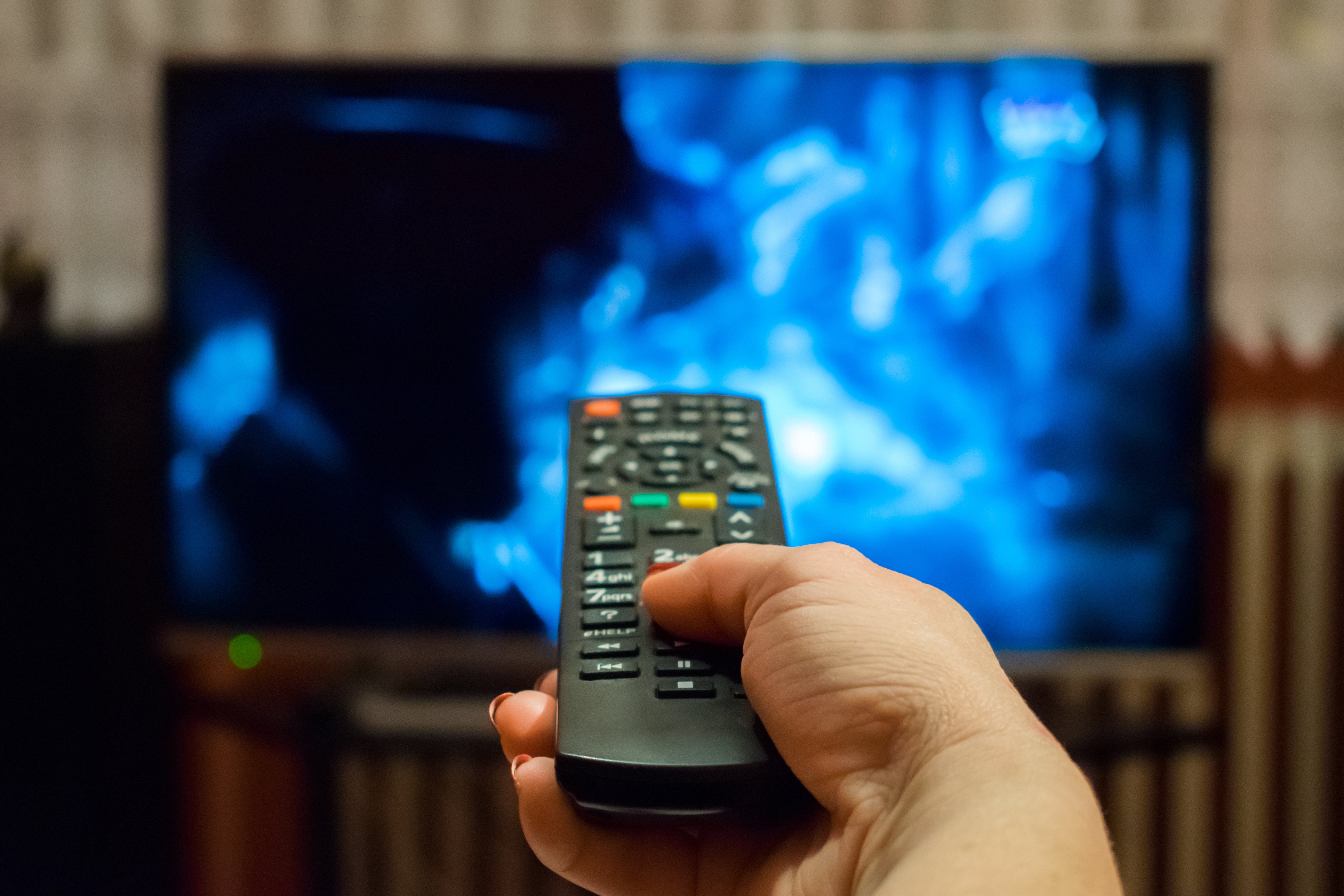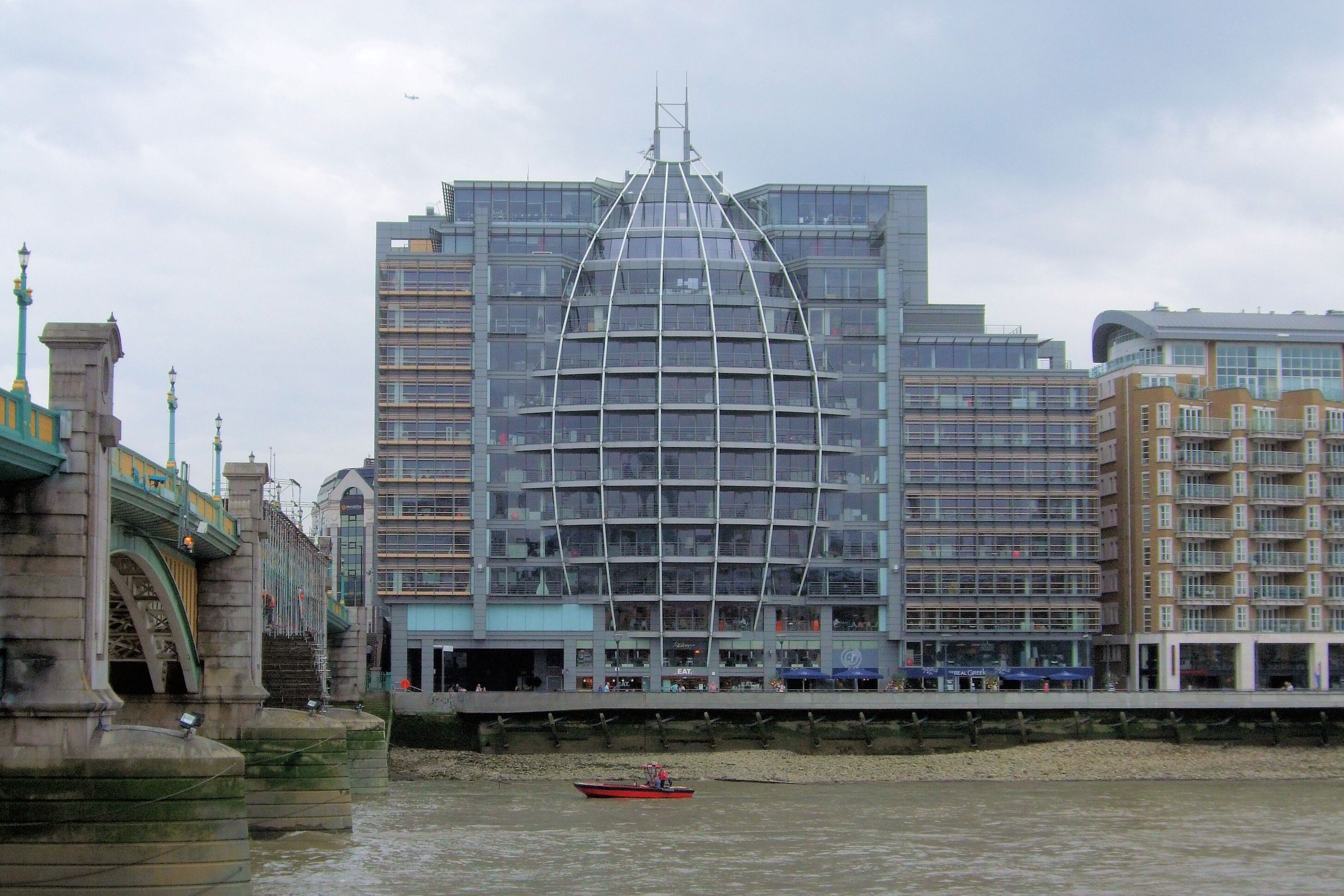Australia passes prominence and anti-siphoning laws
25th July 2024
Australia has passed new prominence laws that force television manufacturers to display local broadcasters’ content on home screens. The new regulations follow similar moves in the UK.

IN BRIEF:
- A new prominence regime has been introduced in Australia.
- Under the regulations, Smart TV manufacturers will have to prominently display Australian broadcasters.
- The ABC and SBS welcomed the law, but it also faced criticism for only applying to new TV sets.
IN FULL:
Australia has passed new prominence laws that force television manufacturers to display local broadcasters’ content on home screens.
The laws, which had been campaigned for by broadcasters including the ABC and SBS, were passed by the Australian parliament in early July. It comes after the UK passed similar regulations under the Media Act.
Prominence, in this context, means the discoverability of apps – such as Netflix, Disney Plus, or ABC iView – on the homepages of smart televisions and other similar devices.
The regulations mean new devices will need to provide access to free-to-air networks, pre-install their video-on-demand apps, and present separate tiles, tabs or links to provide easy access to each service. The legislation only applies to televisions, although discussions are underway about how similar action could be taken for radio and audio.
Explore: PSM Unpacked | Prominence (Resource)
The federal communications minister, Michelle Rowland, said the new laws will ensure Australians can easily find and access free-to-air televisions services on new smart televisions.
“These reforms improve access to free-to-air television services on new connected television devices by ensuring local services aren’t crowded out by global streamers,” Rowland said in a statement.
Listen toour podcast
Uncovering and exploring the biggest
issues facing public media
Broadcasters had long complained that prominent positions on television home screens and remote controllers were being occupied by global giants such as Netflix, Amazon, and Disney, who had struck deals with manufacturers for prime positioning.
This, in turn, had crowded out public service media and other local broadcasters who could not afford to compete. In their submissions on the law, they had argued that this was detrimental to both the Australian screen industry and wider society, who would lose out on important local content.
A Senate inquiry into the new law heard how a number of television manufacturers had stopped installing ABC iView on their TVs altogether, effectively rendering the national broadcaster invisible to a growing portion of the Australian audience.
Another public broadcaster, SBS, also claimed that one manufacturer had demanded both a placement fee and a 15 percent share of revenue to feature on the television’s launch page.
Research by Melbourne’s RMIT University has found that about a third of Australians with Smart TVs said they didn’t know how to download an app onto them, or how to customise the order and appearance. That meant that if an app like iView – or any local Australian platform – on the default home screen, then people were unlikely to go out of their way to find them.
However, the new laws only apply to brand new TV sets, meaning it could take several years for the effects of the prominence laws to filter into Australian homes, something the chief executive of Free TV Australia, Bridget Fair, called a missed opportunity.
“The prominence rules should apply to both new and existing connected TVs. We all know that not everyone can afford a new TV … Even the Government’s own research shows that less than 1 in 10 people buy a new TV set each year,” Fair said in a statement.
“Our connected TVs get automatic software updates on a very regular basis. There is simply no reason to limit these new requirements to new TVs.”
The new laws also include for the first time anti-siphoning measures for streaming services, aimed at ensuring access to ‘iconic’ sporting events.
Australia’s anti-siphoning scheme prevents subscription television from gaining rights to broadcast an event before free-to-air television has had the opportunity to acquire those rights first. However, until this month, the scheme did not incorporate online streaming services.
“Bringing streaming companies into the anti-siphoning scheme for the first time will help prevent iconic sporting events from slipping behind online paywalls,” Rowland said.
Related Posts
5th July 2019
UK regulator sets out plans to increase prominence of PSBs
Ofcom announces measures to help public…


